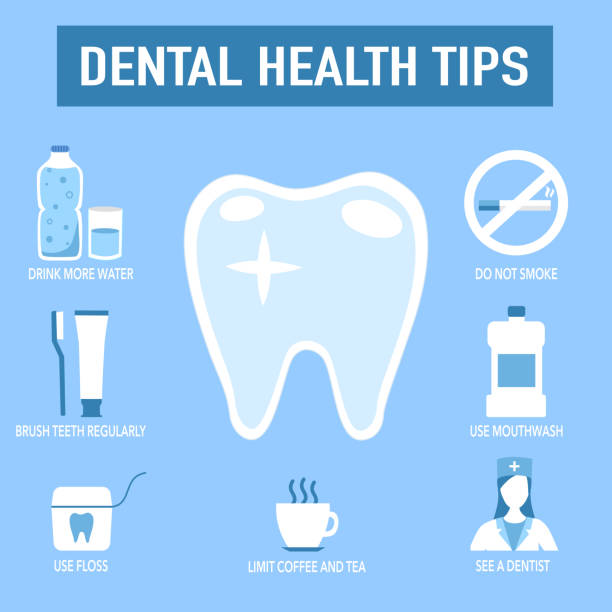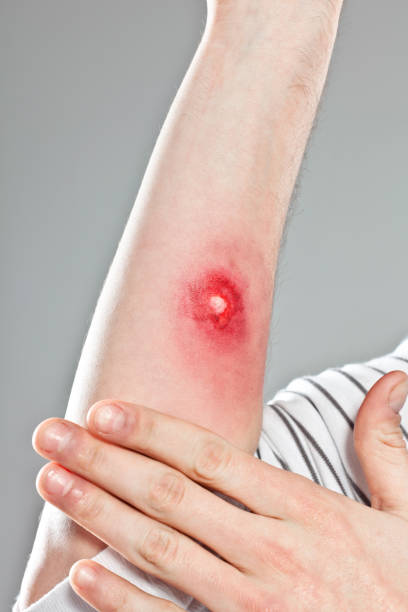Every smile tells a story, but sometimes, unseen tiny cracks can disrupt that narrative. These minor fractures, often overlooked, can lead to bigger issues if not addressed timely. Whether you're sipping on a flat white at your favourite Sydney café or enjoying a barbecue down under, maintaining healthy teeth is crucial for your overall well-being.
At face value, hairline cracks are microscopic fractures that run across the enamel of your teeth. Despite their slender appearance, they can be deceptive, masking potential problems beneath the surface. These cracks might not always cause immediate discomfort, but they signal that your teeth are under stress.
Understanding the root causes can help in prevention and early detection. Here's a peek into what might be putting those tiny cracks in play:
Chewing Habits: Frenzied munching on hard foods like nuts or ice can exert excessive pressure on your teeth.
Teeth Grinding: Bruxism, often triggered by stress, leads to grinding against surfaces, wearing down enamel over time.
Dental Treatments: Sometimes, procedures like fillings or crowns can introduce stress points if not perfectly aligned.
Age-Related Wear: With time, natural wear and tear can make teeth more susceptible to fractures.
Even if the cracks are small, they can manifest through various signs. Keep an eye out for:
Sensitivity: A sudden sensitivity to hot or cold beverages might indicate a developing crack.
Discomfort: Mild pain when biting or chewing can be a red flag.
Visible Lines: Sometimes, fine lines might be visible on the surface of the tooth.
Staining: Cracks can allow stains to seep in, leading to discoloration around the fracture line.
Addressing hairline cracks promptly can prevent them from evolving into more severe dental issues. Here are some strategies to consider:
Dental Bonding: A tooth-colored resin is applied to the crack, restoring its appearance and function.
Veneers: Thin shells cover the front of the teeth, masking cracks while enhancing aesthetics.
Root Canal Therapy: If the crack extends to the pulp, this procedure removes the damaged tissue, preventing infection.
Crowns: A cap placed over the tooth provides strength and protection against further fractures.
Prevention is always better than cure. Here are some tips to minimize the risk of developing tiny cracks:
Use a Mouthguard: Especially if you grind your teeth at night, a mouthguard can absorb the pressure and reduce wear.
Avoid Hard Foods: Cutting down on biting into hard items like ice or hard candies can lessen the strain on your teeth.
Maintain Good Oral Hygiene: Regular brushing and flossing prevent decay, which can weaken tooth structure.
Regular Dental Check-ups: Routine visits allow your dentist to spot and address cracks before they escalate.
If you notice any of the symptoms mentioned earlier or suspect that you might have a minor fracture, it's wise to consult with a dental professional. They can perform a thorough examination and recommend the best course of action. For instance, hairline cracks can be effectively treated with timely interventions, ensuring your teeth remain strong and functional.
Beyond treatment and prevention, embracing habits that promote dental health can make a significant difference. Incorporate a balanced diet rich in calcium and vitamins, stay hydrated, and be mindful of habits that could harm your teeth. After all, a confident smile is a gateway to personal and professional interactions, making dental care an essential aspect of your daily life.
Tiny cracks might seem insignificant, but they carry the potential to impact your dental health profoundly. By staying informed about the causes, recognizing the symptoms, and seeking timely solutions, you can maintain a radiant and healthy smile. Remember, your teeth are not just tools for eating; they're integral to your overall health and confidence.




Want to add a comment?